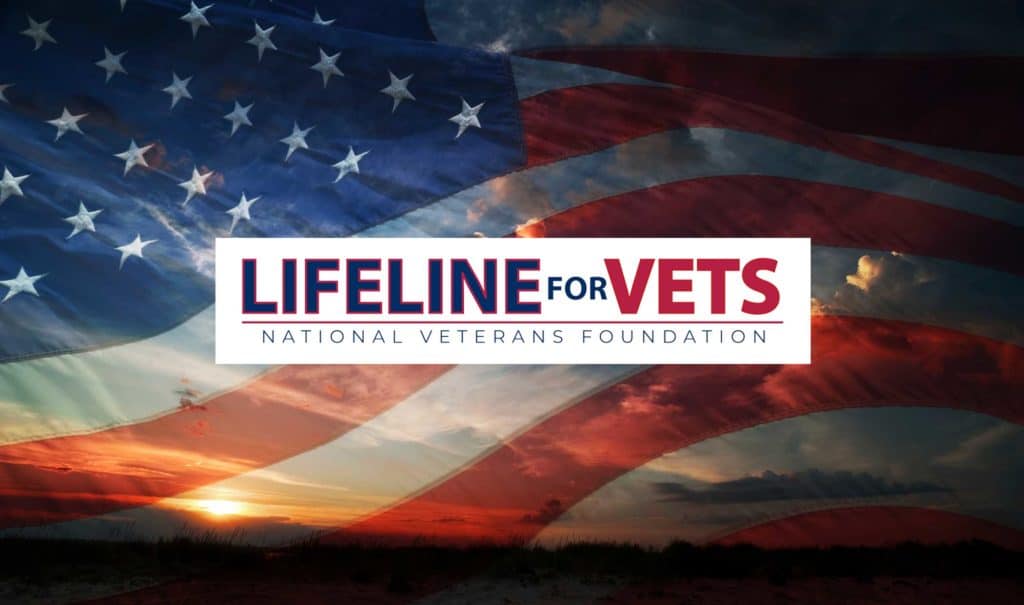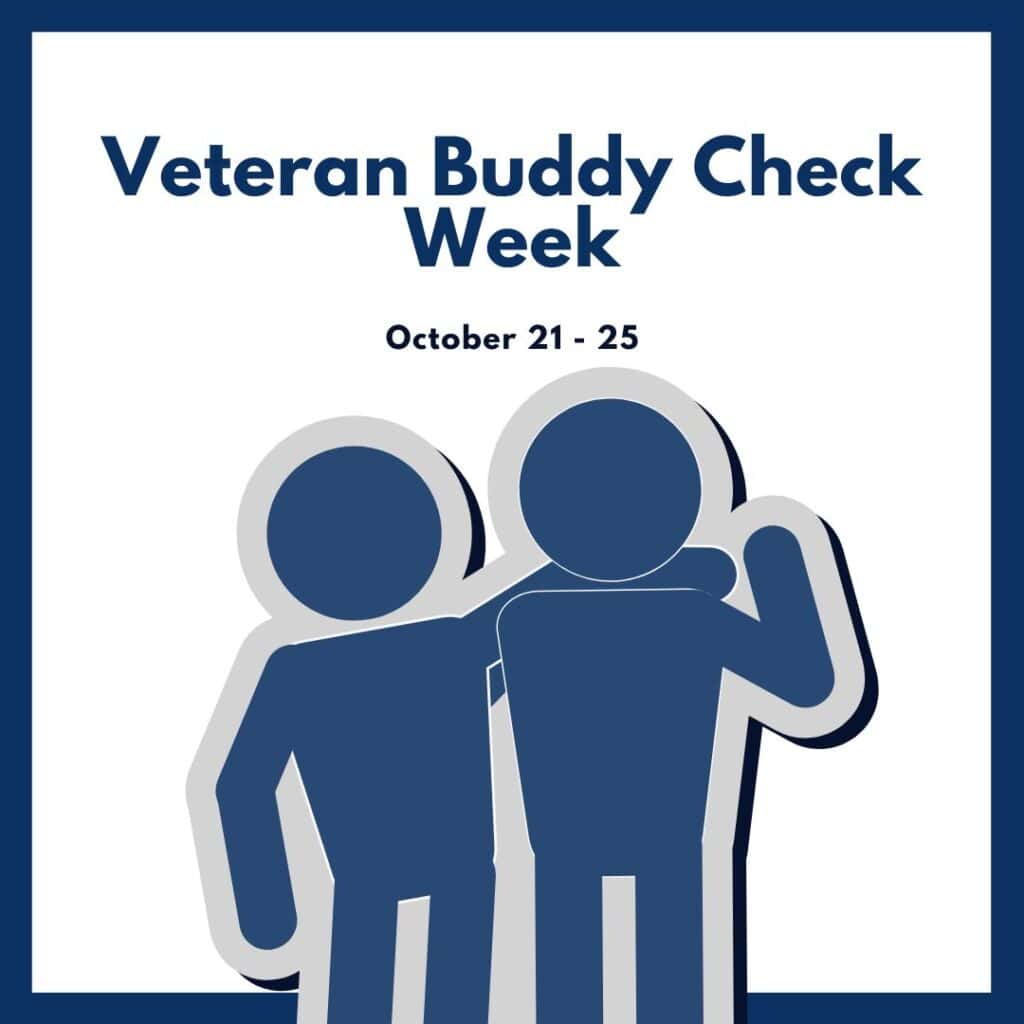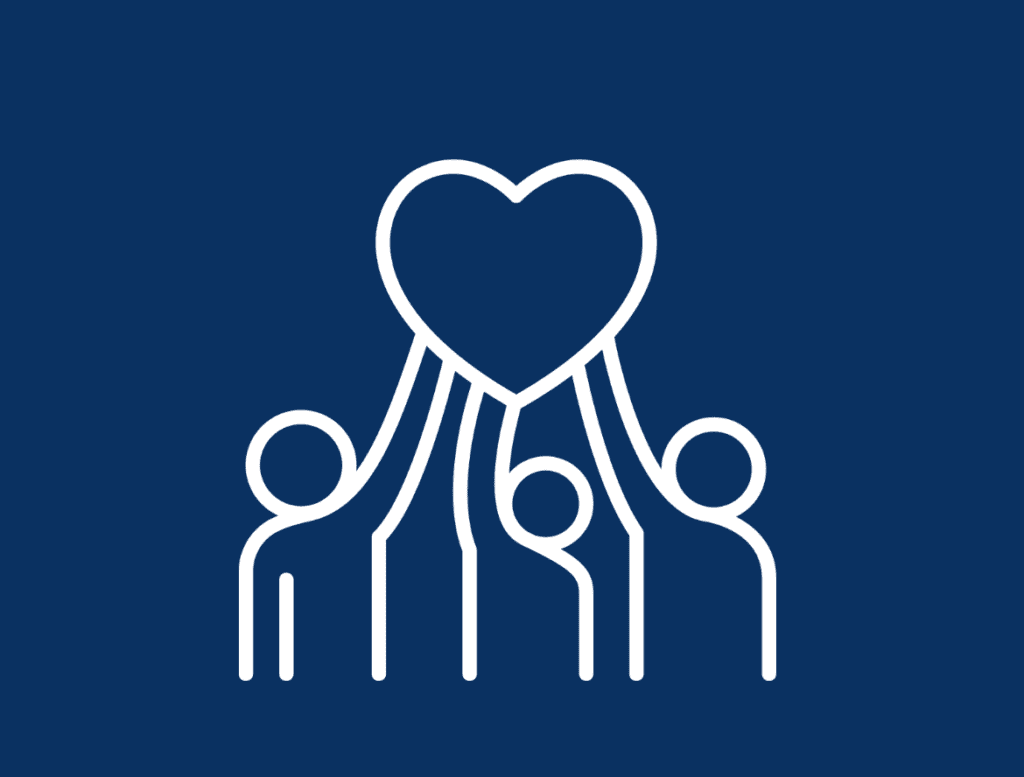A Veteran Services Office in Soledad Prison: Why Not Throughout the System?
Sneaky White—decorated combat Vietnam Vet, veteran advocate and fundraiser from inside California’s Ironwood Prison—sent me an article about two inmates at Soledad who run a Veteran Services Office. Michael “Doc” Piper and Ed Munis have run the office for ten years. They’ve helped over 1000 vets in prison access their VA benefits.
Many veterans don’t know this kind of assistance exists. Especially those who are inmates, many of whom entered the justice system because of PTSD or substance abuse problems as an after-effect of military experience. While incarcerated veterans are not eligible for all benefits, and the benefits they receive are at a reduced rate, even a small amount can make a world of difference to their families on the outside.
Veteran Service Officers help navigate the VA’s bureaucracy, and their services are free. They help gather the information necessary to support, file and track a claim through the VA system. They can also assist with filing appeals for denied claims. They are, in short, lifesavers. And they’re accredited by the VA.
Piper and Munis started with the veterans in Soledad, but they’ve expanded their services to inmates throughout the California system and into 23 states, all by mail. Having only the most basic tools—two computers and a printer but no internet access—Soledad’s veteran advocates, lacking VA accreditation, work closely with their counterparts at Monterey County Office of Military and Veterans Affairs.
And that brings up an interesting point. How many more veterans and their families could be helped if there were VSO offices in each prison facility? Piper and Munis are trying to start a similar program at neighboring Salinas prison, and Sneaky White in Ironwood has been steering veteran inmates in the right direction for over forty years. It seems to me that a relatively small investment could pay big dividends here. In addition to easing the burden on veterans’ families, I think it would pay off in reduced recidivism rates which would be a huge cost savings, given that the U.S. has the largest prison population in the world.
Our incarcerated vets served their country. Period. That didn’t change and it should be recognized. For many, the circumstances that brought them into the justice system happened after they served. And the reduced benefit payments are punitive: as an example, a vet eligible for $1059.09 per month is receiving only $133.17. That’s an 85 percent reduction.
Veterans like White, Piper and Munis are dedicated to helping veteran inmates get the benefits they earned. In the process, these inmates are able to exercise some agency over their own lives. That has to be healing which, ultimately, makes it better for all of us.
So what’s the next step? This kind of change can happen but it needs a lot of attention, a lot of heat. That’s where you can help. Maybe Vet Centers near correctional facilities can be enlisted to send a VSO on a regular basis until we can get VSOs in every facility. Maybe the organizations who offer accredited Veteran Services Officers, like the VFW, American Legion, Military Order of the Purple Heart, Vietnam Veterans of America, and Amvets can be enlisted. If you’re a member, speak up!
White, Piper and Munis show what can be done from inside. Their kind of initiative and dedication should be supported by all of us. We’re all, in a sense, comrades in arms.
If you know a veteran who needs help, here’s our LifeLine for vets, a vet-to-vet crisis and information helpline: 888.777.4443.
You can be a part of our mission to help Veterans by making a tax-deductible donation!
About the Author
SUBSCRIBE TO OUR BLOG AND NEWS!
By submitting this form, you are granting: NATIONAL VETERANS FOUNDATION INC permission to email you. You may unsubscribe via the link found at the bottom of every email. (See our Email Privacy Policy for details.)
Related Posts





